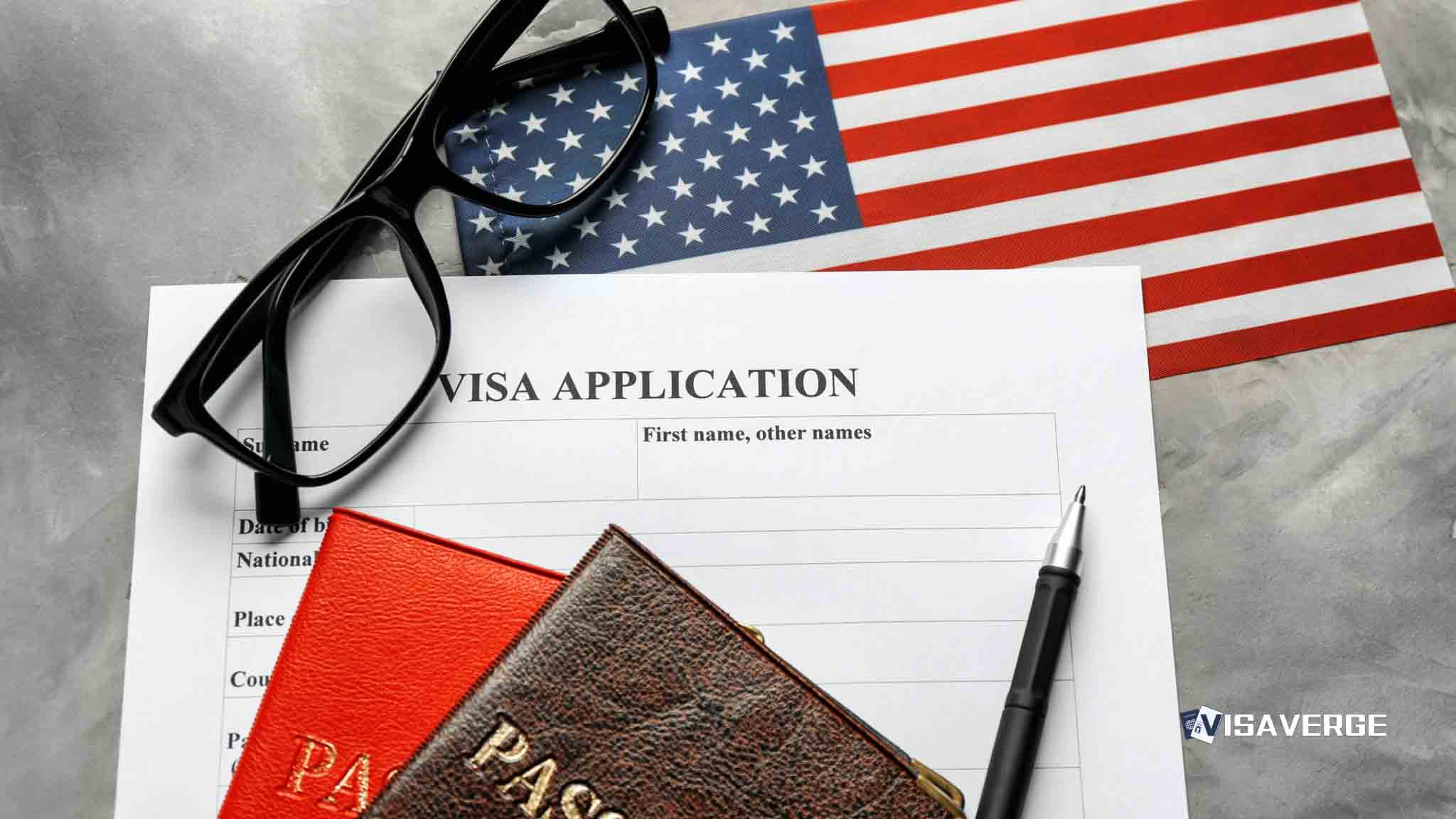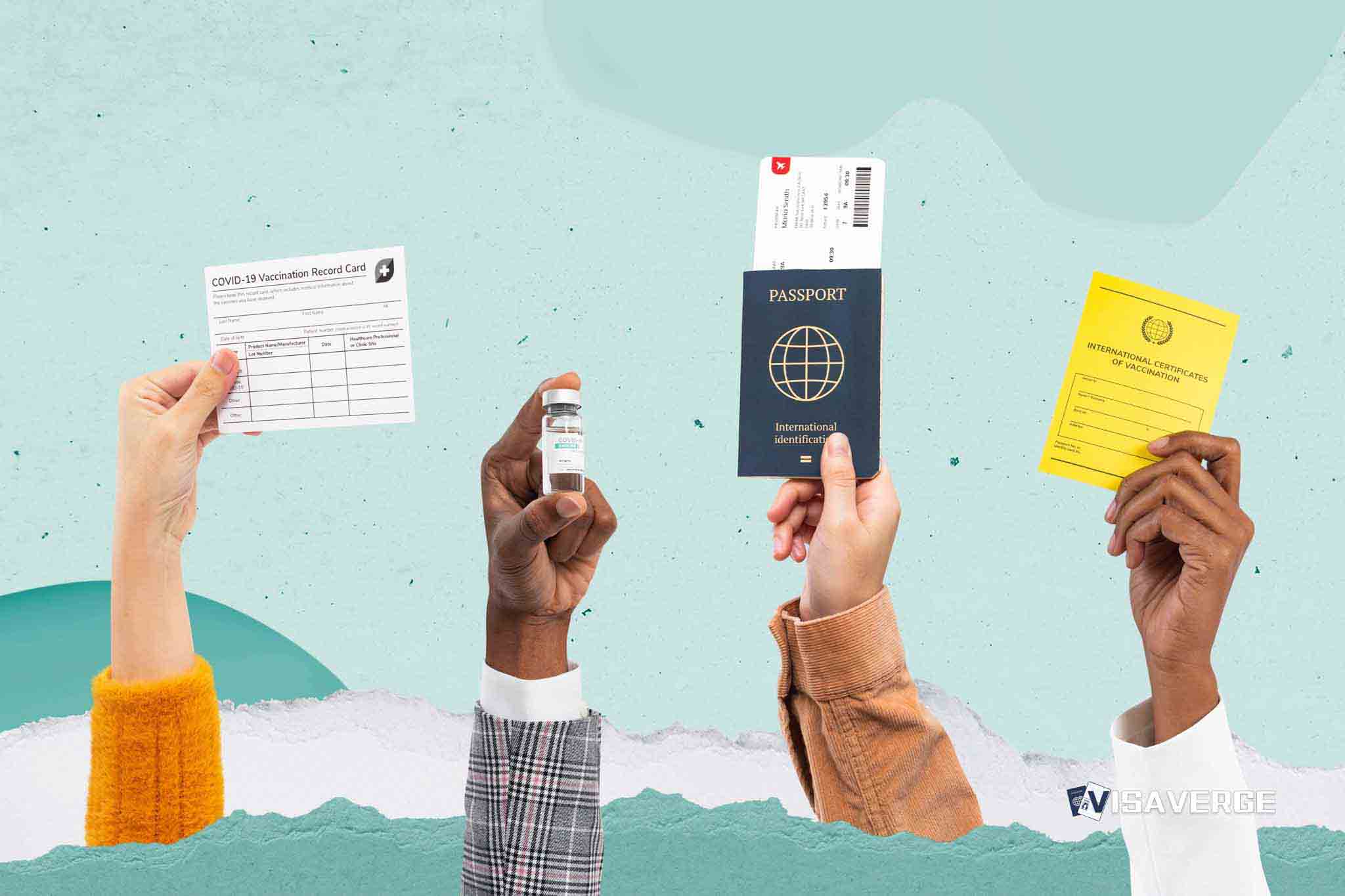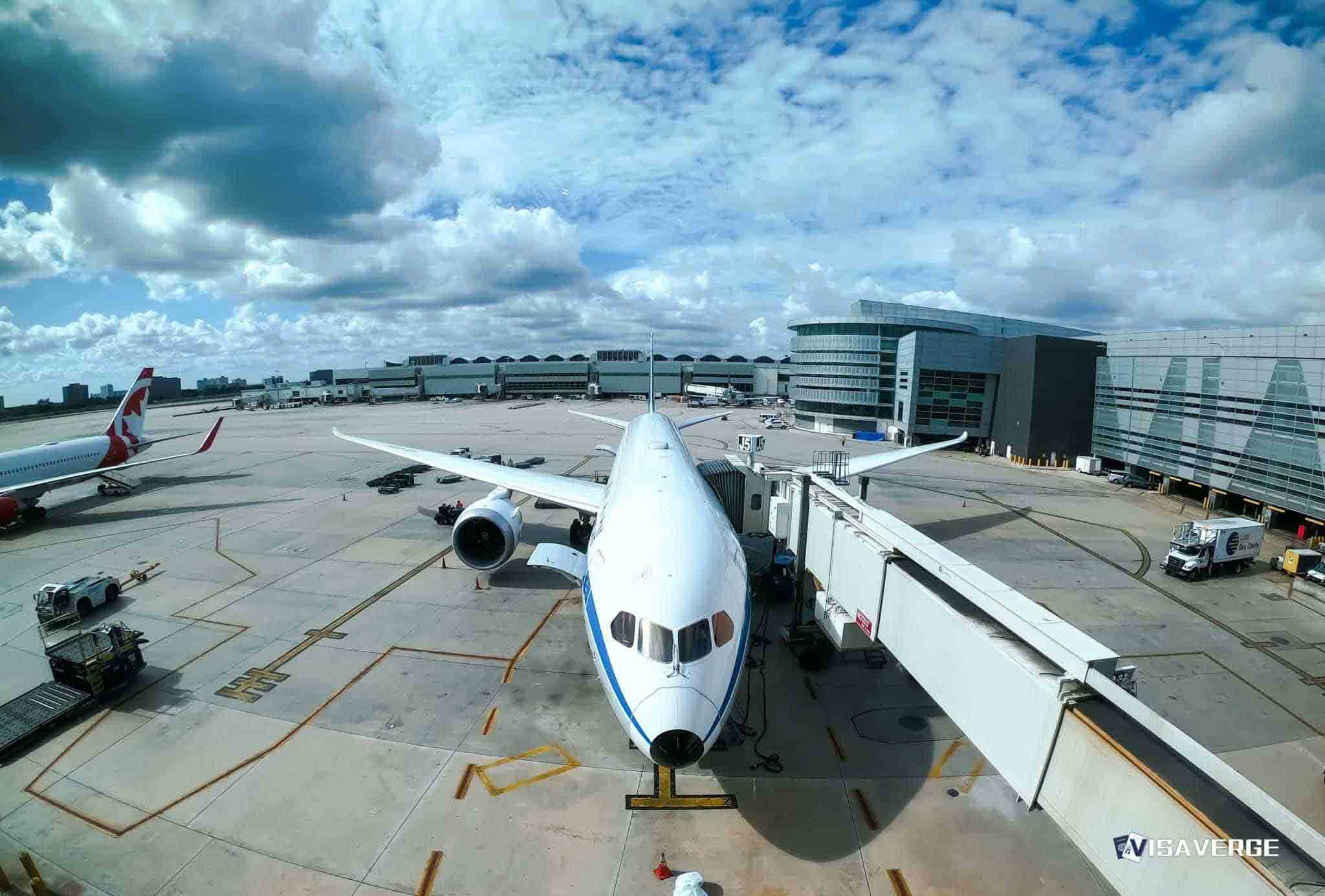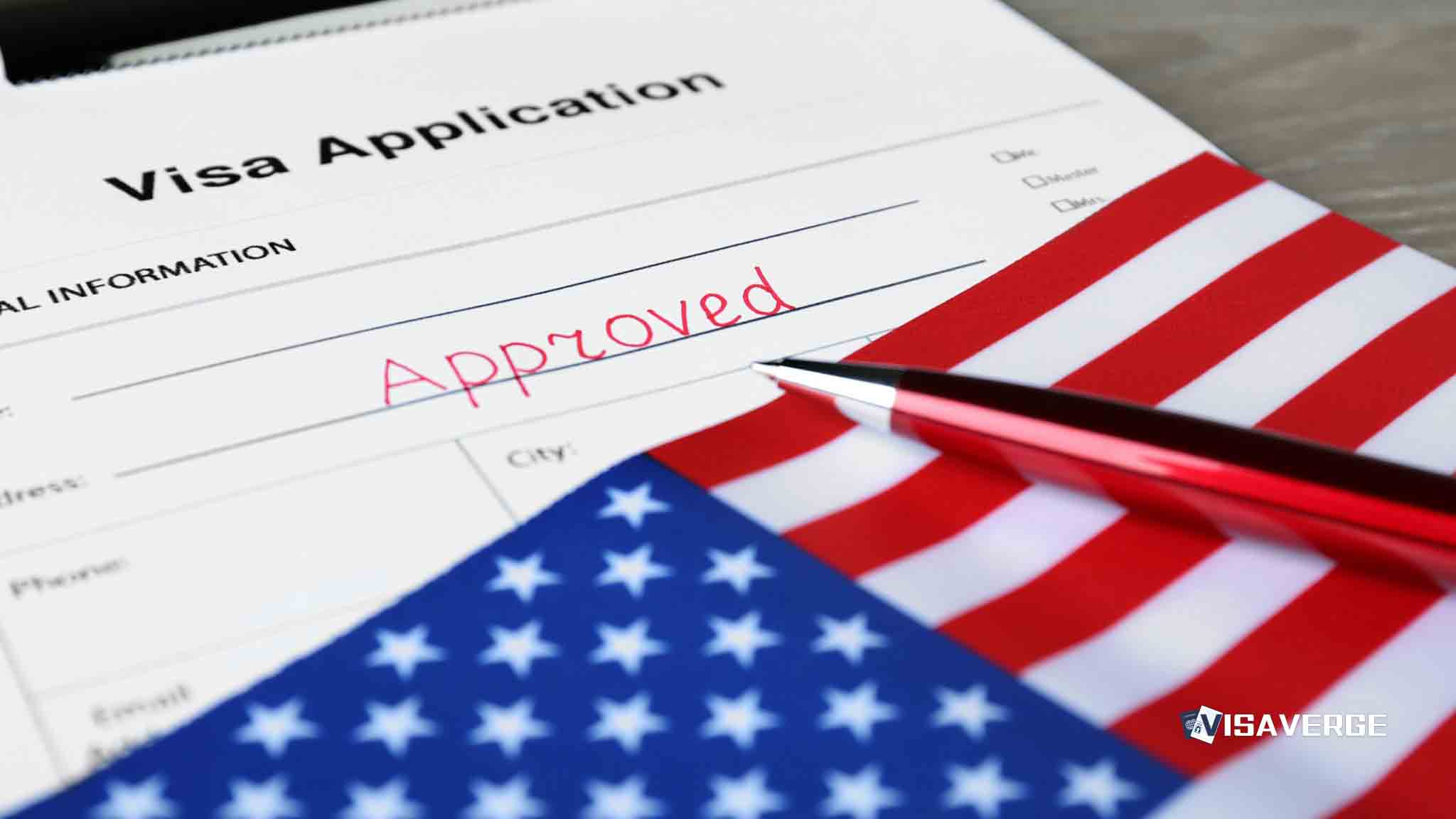Key Takeaways
• Trump’s deportation drive mobilizes 21,000 National Guard and 20,000 law enforcement officers nationwide.
• Travel ban expanded on June 9, 2025, blocking entry from 19 countries with limited exceptions.
• New system criminalizes non-citizens over 14 failing to register with ICE during any law enforcement encounter.
President Trump’s Deportation Drive: What It Means for Jobs, Communities, and U.S. Immigration
President Trump’s latest immigration crackdown is making headlines across the United States 🇺🇸 and around the world. On June 9, 2025, a new CBS News poll showed that most Americans approve of Trump’s deportation drive, but the country remains deeply divided over how far these policies should go and what they mean for families, jobs, and the nation’s future. At the same time, President Trump has expanded his travel ban, blocking entry from 19 countries, and proposed a new “Office of Remigration” to encourage voluntary returns of immigrants. These sweeping changes are already having a major impact on millions of people—immigrants, employers, and U.S. citizens alike.
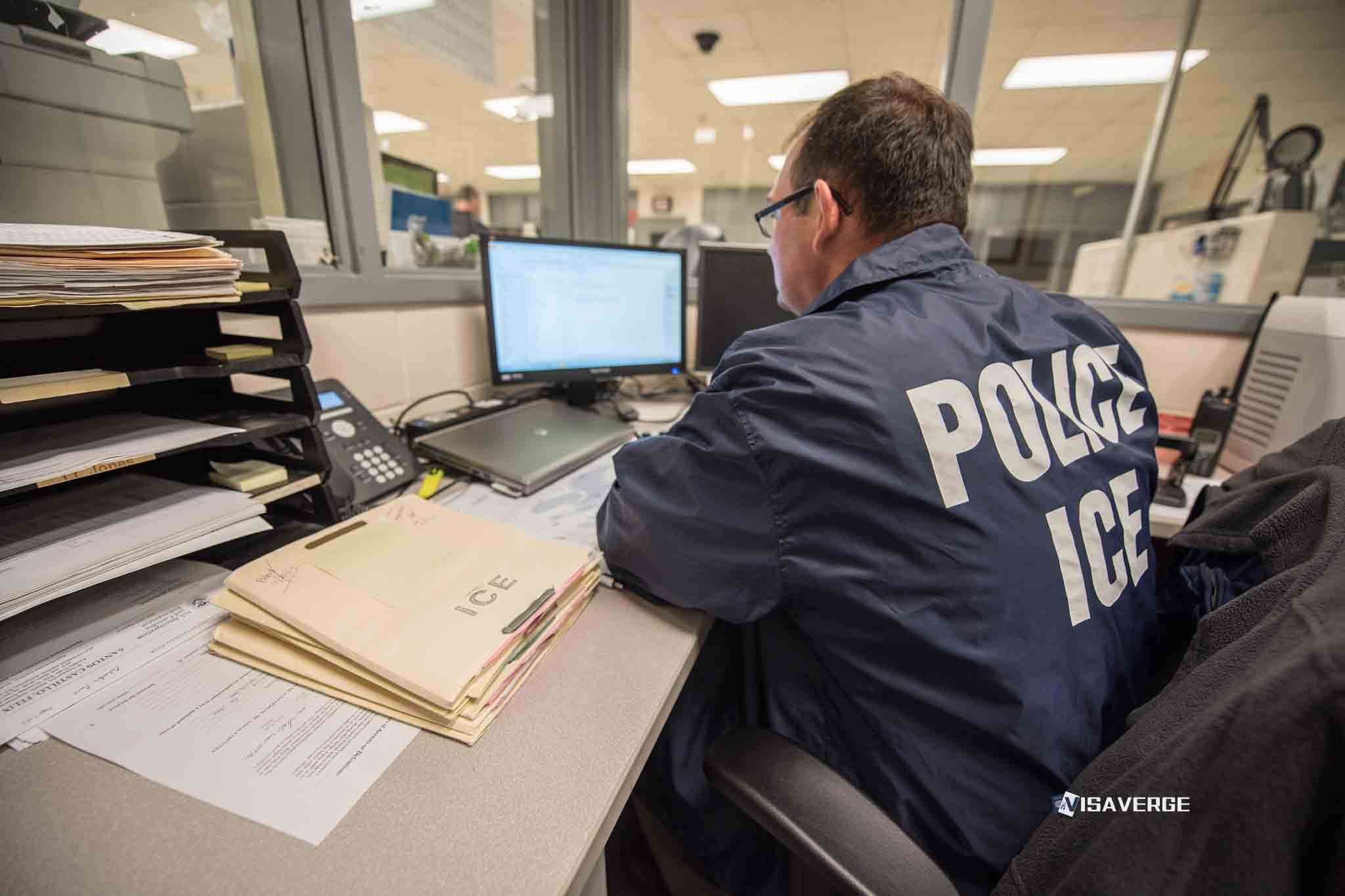
This article explains what’s happening, why these changes matter, and how they affect different groups. It also looks at the legal, economic, and humanitarian questions raised by the Trump administration’s actions.
What’s Happening: The Key Changes
Trump’s Deportation Drive
President Trump has launched what he calls “the largest domestic deportation operation in American history.” This effort involves:
- Mobilizing up to 21,000 National Guard troops and 20,000 law enforcement officers for immigration enforcement.
- Federalizing National Guard units, even in states that object.
- Deputizing local police officers to enforce immigration laws, giving them immunity from civil rights lawsuits.
- Reassigning thousands of federal agents from other duties to focus on immigration.
Travel Ban Expansion
On June 4, 2025, President Trump signed a proclamation expanding the travel ban to 19 countries. This ban, which took effect June 9, 2025, blocks most people from those countries from entering the United States 🇺🇸, whether they want to visit, work, or immigrate. There are only narrow exceptions, and the list of banned countries will be reviewed every 90 and 180 days.
New Registration System
A nationwide registration system now requires all non-citizens, including children as young as 14, to register with Immigration and Customs Enforcement (ICE). Not registering is a criminal offense. Any encounter with law enforcement—such as a traffic stop—can trigger an immigration status check.
Suspension of Refugee and Asylum Programs
The Trump administration has suspended the U.S. Refugee Admissions Program and revoked protections for asylum seekers that were put in place under President Biden. These changes are pending further review.
Office of Remigration
A new “Office of Remigration” is being proposed within the State Department. Its goal is to help immigrants return to their home countries voluntarily, especially to support European countries facing population declines. This proposal comes with a request to cut over $800 million from refugee assistance programs.
How the Deportation Process Works
The deportation process under the Trump administration follows these steps:
- Identification:
- Individuals are identified through law enforcement encounters, workplace raids, or the new registration system.
- Detention:
- ICE, local police, or National Guard detain people suspected of being undocumented.
- Processing:
- Detainees are processed for removal, often with fast-track procedures and limited access to legal help.
- Deportation:
- People are sent back to their country of origin, or sometimes to a third country with which they have no connection.
- Voluntary Departure:
- Some are offered the chance to leave on their own, with the possibility of returning legally in the future.
For more details on immigration enforcement and self-deportation options, you can visit the official Department of Homeland Security (DHS) website.
Who Is Affected?
Immigrants and Their Families
Millions of immigrants—both documented and undocumented—are directly affected. This includes:
- People with Temporary Protected Status (TPS): Nearly 3 million people, including over 1.1 million with TPS, are at risk. Venezuela has the largest group, with nearly 600,000 TPS holders.
- Asylum seekers and refugees: With the suspension of the U.S. Refugee Admissions Program and the rollback of asylum protections, many are left in legal limbo.
- Mixed-status families: U.S. citizen children living with undocumented parents face the threat of family separation.
Employers and the Labor Market
Trump and his supporters argue that deportations will open up jobs for American workers, especially in industries that rely on undocumented labor. Critics warn that mass deportations could cause labor shortages in:
- Agriculture
- Construction
- Hospitality
- Elder care
These shortages could drive up costs, disrupt supply chains, and even lead to higher prices for consumers.
State and Local Governments
Some states, like Texas, are fully cooperating with the Trump administration, passing laws that criminalize illegal entry and using state resources for enforcement. Other states are resisting, challenging the federal government’s authority to use their National Guard and local police for immigration enforcement.
Advocacy Groups and Legal Aid Organizations
Groups like the American Civil Liberties Union (ACLU) and Detention Watch Network are fighting the new policies in court. They argue that the use of military force, fast-track deportations, and mass deputization of police violate due process and civil rights.
The Numbers: Deportations, Arrests, and Pending Cases
- Deportation Orders: Between 2015 and 2024, immigration judges ordered the deportation of 2.3 million people. About 35% of these orders were issued in absentia, meaning the person did not appear in court.
- Pending Cases: As of late 2024, there were about 3.5 million pending immigration cases in U.S. courts.
- ICE Arrests: In fiscal year 2024, ICE made 113,431 arrests. The Trump administration claims that under President Biden, many of these were “pass-through” arrests with no enforcement action. Now, they say, every arrest results in enforcement.
Public Opinion: Divided but Supportive of Tougher Enforcement
A CBS News poll released June 9, 2025, found that most Americans approve of Trump’s deportation drive, but there are sharp differences over its scope and humanitarian impact. Supporters say the policies will protect American jobs, reduce crime, and restore the rule of law. Critics warn of economic disruption, family separations, and the risk of wrongful deportations.
The Travel Ban: Who Is Barred and What Are the Exceptions?
President Trump’s expanded travel ban now covers 19 countries. The ban affects both immigrant and non-immigrant visas, meaning people from these countries cannot visit, work, or move to the United States 🇺🇸 unless they qualify for a narrow exception. The list of banned countries will be reviewed every 90 and 180 days, so it may change over time.
Exceptions are limited and may include:
- Diplomats
- People with urgent medical needs
- Certain family reunification cases
The travel ban has already sparked multiple lawsuits, with critics arguing that it discriminates based on nationality and violates international law.
The Office of Remigration: A New Approach to Voluntary Returns
The proposed “Office of Remigration,” led by Secretary of State Marco Rubio, aims to help immigrants return to their home countries voluntarily. The office is especially focused on supporting European countries with shrinking populations. The administration says this approach will reduce the strain on U.S. resources and help other countries address their own demographic challenges.
However, critics argue that the office is part of a broader effort to cut refugee assistance and limit legal immigration. The proposal includes a request to cut over $800 million from refugee programs.
Legal and Human Rights Concerns
The Trump administration’s use of the Alien Enemies Act and fast-track deportations to dangerous countries like South Sudan and Libya has led to a wave of lawsuits. Advocacy groups argue that these actions:
- Violate due process rights
- Risk sending people to countries where they face harm
- Erode trust between immigrant communities and law enforcement
There are also concerns about the new registration system, which requires all non-citizens over age 14 to register with ICE. Failure to do so is now a crime, and any police encounter can trigger an immigration check. Critics say this increases the risk of wrongful detention and deportation, especially for people with legal status or pending cases.
State-Federal Tensions: Who’s in Charge?
Some states are pushing back against the Trump administration’s efforts to federalize their National Guard and deputize local police. They argue that these actions violate state sovereignty and the Constitution. Legal scholars say the administration’s use of broad executive authority is unprecedented and likely to face major legal challenges.
Texas, on the other hand, is seen as a model for aggressive enforcement, using state laws and resources to crack down on illegal immigration.
Economic Impact: Jobs, Labor Shortages, and the Cost of Enforcement
Supporters of Trump’s deportation drive say it will open up jobs for American workers and reduce the economic burden of undocumented immigration. They point to public opinion polls showing strong support for stricter enforcement.
Critics warn that mass deportations could:
- Cause labor shortages in key industries
- Disrupt supply chains
- Lead to higher prices for food, housing, and services
- Hurt small businesses that rely on immigrant workers
The true impact on the labor market will depend on how many people are deported and how quickly. Some experts say the disruptions could be severe, especially in agriculture and elder care, where there are already worker shortages.
Community Impact: Fear, Family Separation, and Trust in Law Enforcement
The new enforcement measures have created widespread fear in immigrant communities. Many families are afraid to send their children to school, go to the doctor, or report crimes to the police. U.S. citizen children in mixed-status families face the constant threat of losing a parent to deportation.
Advocacy groups warn that the crackdown is making communities less safe by discouraging crime reporting and cooperation with law enforcement.
Legal Challenges and the Road Ahead
Multiple lawsuits are pending against the travel ban, the use of the military for domestic enforcement, and the new birthright citizenship order. Congress is also debating the administration’s request to cut refugee programs and increase enforcement funding.
The outcome of these legal and political battles will shape the future of U.S. immigration policy for years to come.
What Should Immigrants and Employers Do Now?
If you or someone you know is affected by these changes, here are some practical steps:
- Register with ICE if required by the new system. Failure to do so is now a criminal offense.
- Consult a qualified immigration attorney if you have questions about your status or rights.
- Employers should review their hiring practices and ensure compliance with federal and state laws.
- Stay informed by checking official sources like USCIS.gov for updates on TPS, asylum, and other programs.
Legal aid organizations such as the ACLU and Legal Aid NYC offer resources and assistance for those facing deportation or other immigration challenges.
Background: How Did We Get Here?
During his first term, President Trump introduced travel bans, family separation, and increased ICE raids. Many of these policies were challenged in court, with mixed results. President Biden rolled back many Trump-era policies, expanded TPS, and reduced interior enforcement.
Trump’s return to office in 2025 marked a rapid reversal, with new executive orders and aggressive enforcement measures. As reported by VisaVerge.com, these changes have sparked intense debate and legal challenges across the country.
Looking Forward: What’s Next?
The future of Trump’s deportation drive, travel ban, and other immigration policies will depend on:
- The outcome of ongoing lawsuits
- Congressional action on funding and refugee programs
- International cooperation, especially with countries affected by the travel ban and remigration proposals
- The economic impact of labor shortages and enforcement costs
For now, millions of people—immigrants, employers, and U.S. citizens—are watching closely to see what happens next.
Where to Find Help and More Information
- Department of Homeland Security: dhs.gov
- U.S. Citizenship and Immigration Services: uscis.gov
- State Department: state.gov
- Legal Aid NYC: legalaidnyc.org
If you have questions about your rights or need legal help, reach out to a trusted immigration attorney or a legal aid organization.
President Trump’s deportation drive and expanded travel ban are reshaping the U.S. immigration system in ways not seen in decades. Whether you support or oppose these changes, it’s clear that the stakes are high for millions of people—and for the country as a whole. Stay informed, know your rights, and seek help if you need it.
Learn Today
Deportation → The formal removal of a non-citizen from a country for violating immigration laws.
Travel Ban → A government order restricting entry of people from specific countries into the United States.
National Guard → State military forces federally authorized to assist in domestic law enforcement and emergencies.
Temporary Protected Status (TPS) → A temporary immigration status granted to eligible nationals from designated countries affected by conflict or disaster.
Immigration and Customs Enforcement (ICE) → Federal agency responsible for enforcing immigration laws and investigating illegal immigration.
This Article in a Nutshell
President Trump launched the largest deportation operation in U.S. history, expanding travel bans and enforcing strict immigration registration, deeply impacting millions and stirring legal and economic debates nationwide.
— By VisaVerge.com



